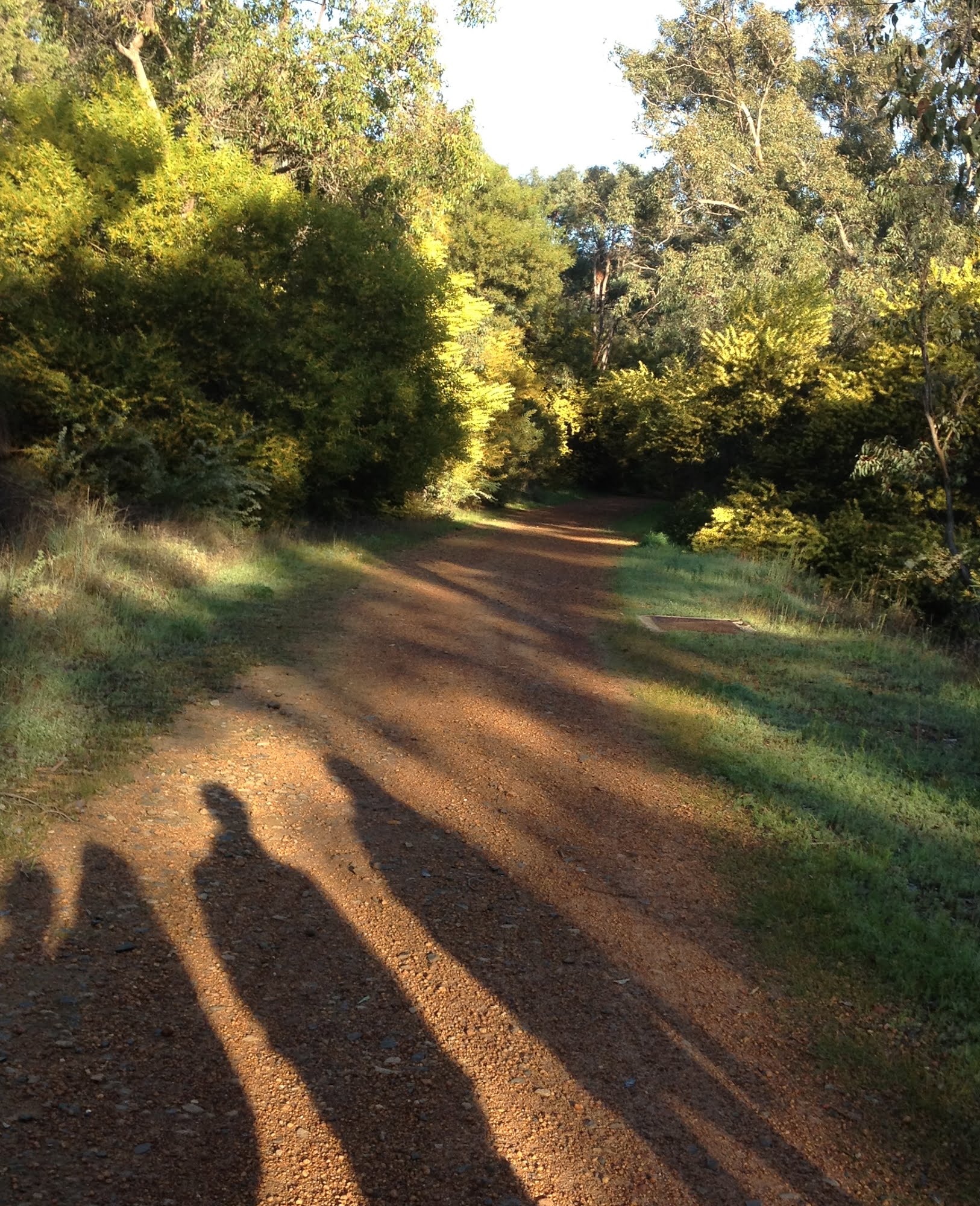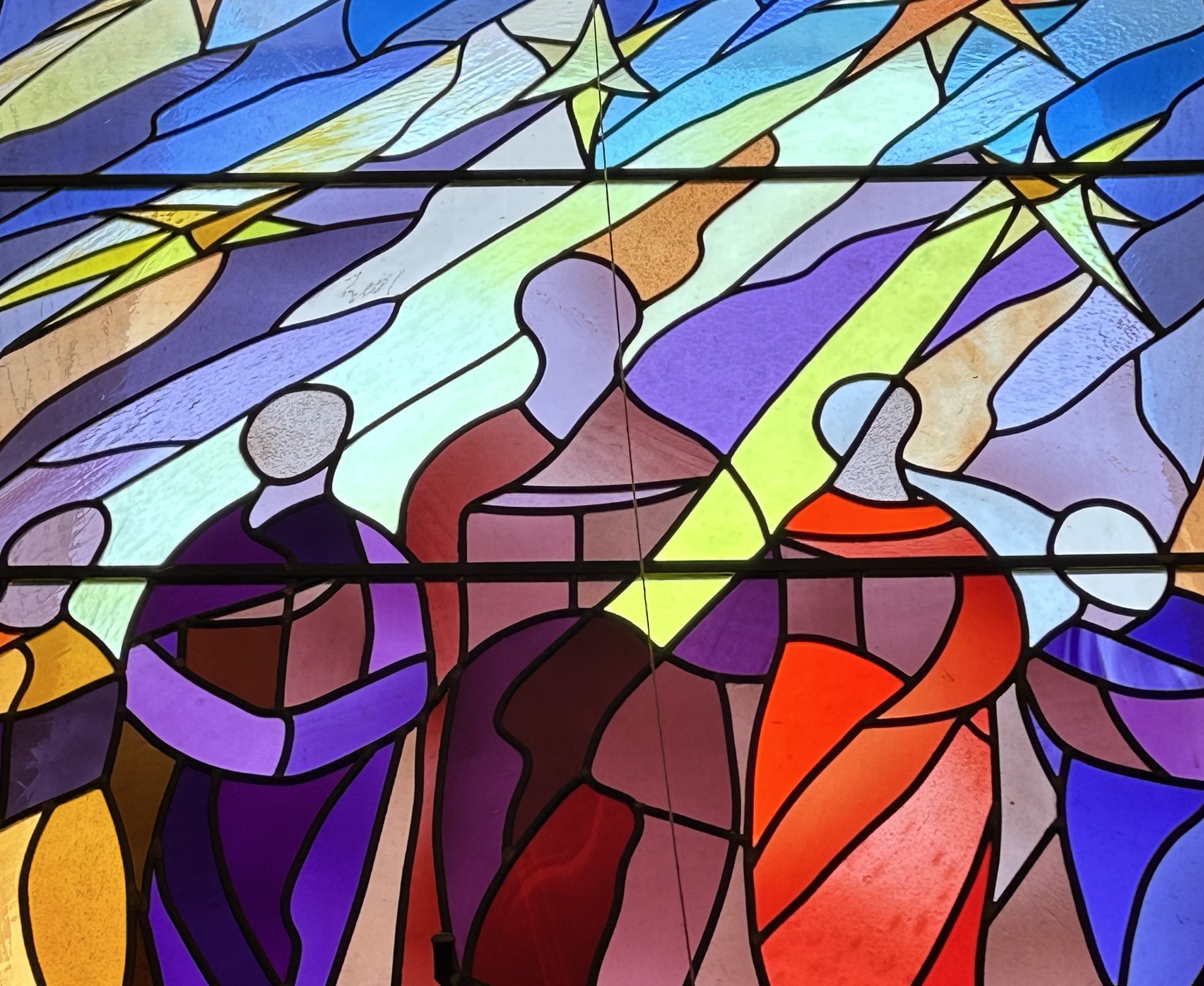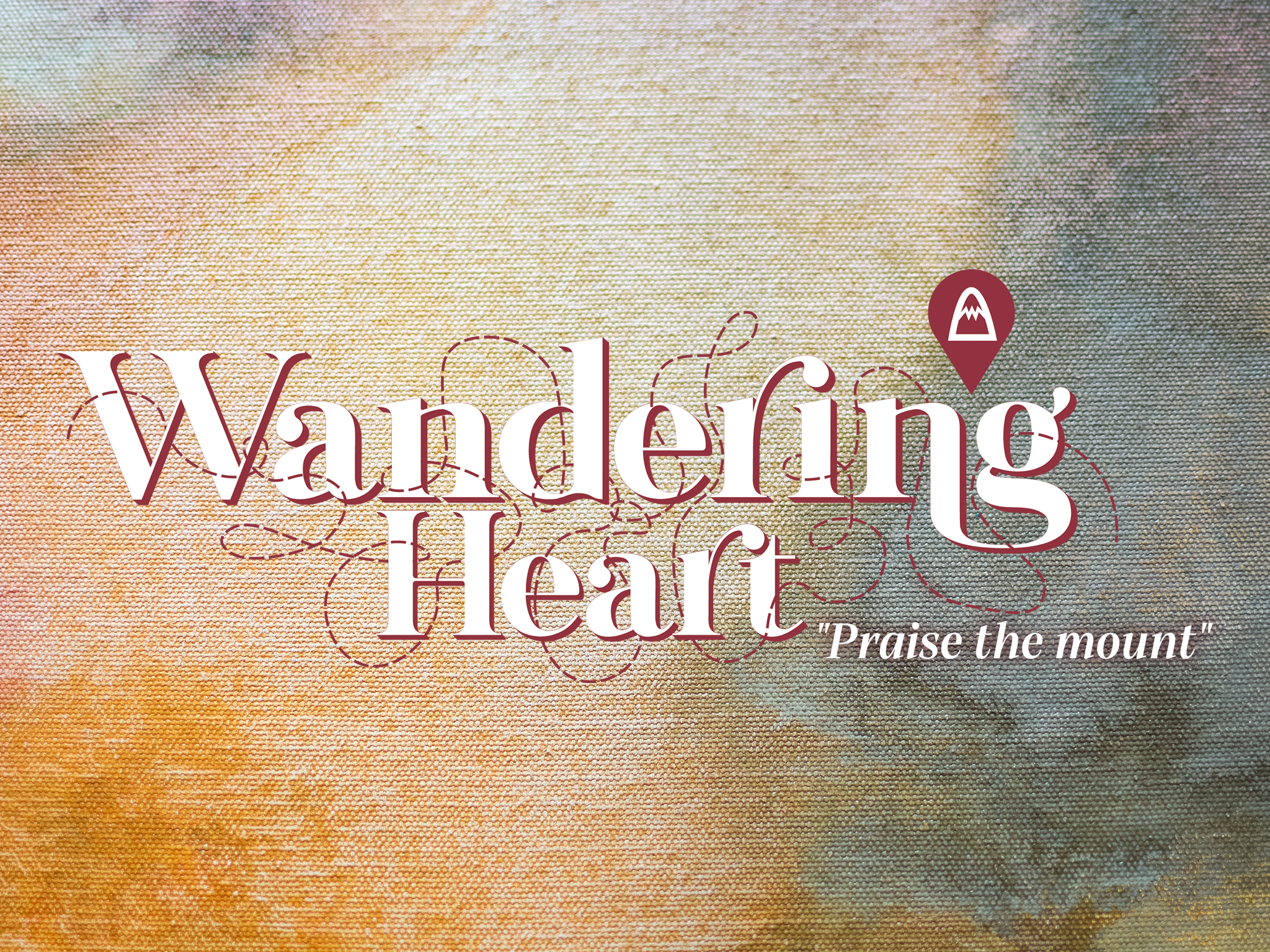Reflection for Christ Church Uniting, 5 November 2023
with 1 Thess 2:9–12
Paul sends W/word
The word went from member to member through the day, as people met in the market place, by the water, in the street running errands: A letter! Paul is with us again through his words! Tonight – bring food, we will gather and hear from Paul and the others!
After they’d eaten, quiet expectation settled, and the host rose to speak.
‘As some have joined our congregation since he was here, I have been asked to introduce again our beloved Paul.
‘Parent to us all in the faith, or grandparent perhaps, if his first children have birthed new members of our assembly on the Way! Paul came to Thessalonica with Silvanus and they took a stall in the marketplace. They gathered with us in the old ways of Torah-followers, and told us there of Jesus, Messiah – of Christ, to use language more of us speak. A Way of liberation from the tyranny that binds us! We were baptised, we learned the new stories to build on the old, and we formed this community of mutual encouragement.
‘Timothy who was with us from Paul, has returned to Paul, and told him of us; perhaps how we have lived well by this Way; and perhaps some of our struggles to do so. Paul has written – we hope, to encourage us again: so let us hear from Paul.’
And the community lector rose to give voice to Paul’s words:
‘Paul, Silvanus, and Timothy, to the church of the Thessalonians in God the Father and the Lord Jesus Christ: Grace to you and peace …
‘(2:5–9) As you know and as God is our witness, we never came with words of flattery or with a pretext for greed; nor did we seek praise from mortals, whether from you or from others, though we might have made demands as apostles of Christ. But we were gentle among you, like a nurse tenderly caring for her own children. So deeply do we care for you that we are determined to share with you not only the gospel of God but also our own selves, because you have become very dear to us. You remember our labour and toil, our siblings; we worked night and day, so that we might not burden any of you while we proclaimed to you the gospel of God … ‘
Ah, yes, the people paused again to comment, now in the second hearing, having allowed the letter a first run straight through – yes, so gentle. No demands for us, a newly formed congregation, to provide recompense or even lodging. Though, remember, there are stories of Jesus sending his disciples out and encouraging them that it is good and right for apostles to receive some payment (Luke 10:7). And later for Timothy we have been able to do more. They were here, at first, in the market, day by day, remember, and so they met with many of us who were not in the synagogue congregation – as fellow workers, traders, exchanging goods and stories, becoming known, growing to know us, as friends.
we found their stories compelling, and asked to hear more of this Jesus. Then, then we met in homes after the day’s work was done, small groups of a family or two at a time, though now we are many more! Then we shared – remember, we did not just hear the words, but we shared the practice of the meal of friendship and love; such love of Christ to go to his own death rather than to war. We were amazed! And we wanted to be baptised into his Spirit, his Way. We wanted to know more from these whom Christ had sent, how to be like them, like Christ himself – it seemed so much more rich a way of being.
And how we gather now, each week, each few days – or will again, with renewed intent – to hear the stories they taught us, to share the meal, to lift each other up: we remember, remember?! how we did, as Paul reminds us now, accept God’s word, and let it be at work in us for all the world to see!
And the lector picked up the letter again, to be interrupted a few lines later with more enthusiastic reminiscences, exhortations, and renewals of commitment, as Paul may well have hoped, in writing to his beloved children, the Thessalonians.
[original story, (c) Sarah Agnew 2023]
Life in the congregation
A congregation needs its apostles, its ministers, to remind us of the story that shapes our chosen way of being. To that end, a congregation also needs some structures: processes for choosing and commissioning, for holding accountable, for ending and transitioning, for forming, equipping, sending to start new congregations when we grow enough.
The more the congregations grew in number, the more structures we needed to hold us safe and faithful to the story and the Way.
As we, now, the Uniting Church in Australia, review those structures we have in place – and more than that, reflect on how we are going in our alignment to the Way, to the Story, to the Divine Source of Life, those who guide us in our task are aware of its risks. I’m going to circle back round to one.
Act2
First, the task: before ‘the 17th Assembly in July 2024, the Act2 Project will work alongside the whole Uniting Church to discern about the future of the Uniting Church.’ We find ourselves between the 50th anniversary of the release of the Basis of Union, our founding document, and the 50th anniversary of the founding of the Uniting Church itself. Anniversaries are an opportune moment for reflection (so says Project Lead, Andrew Johnson, in his latest reflection) – as we have done this year, celebrating 40 years calling this building home.
The UCA has received from the project team a report emerging from a sustained period of active listening to the various parts of the church.
A small number from our congregation had an engaging conversation in response to the report a couple of weeks ago. I am delighted to be in a congregation wanting to take seriously our responsibility as part of the wider Uniting Church by wrestling with this report, and participating in this process of reflection on how and who we are together.
Discipleship is a key discussion point throughout the review, and the report. For us, mission arose also as a key discussion point – how do we, the UCA, CC/ELC, understand mission, and how do we do it?
Giving direction
The work of Act 2 is guided along several lines of inquiry, or focus – they’re calling them workstreams. The first workstream is the life of congregations of disciples. And within the ‘workstreams’, the report proposes some ‘directions’ – the first direction of workstream one being to
Encourage local communities of discipleship and mission
All other directions in this initial workstream have their foundation in this direction. And it reflects a commitment the team have heard throughout the UCA to a core element of our basis of union – our members will gather to lift one another up in love – disciples, followers of Christ, encouraging each other in God’s Way of Love … and serve the world – participating in God’s ‘mission’, movement always towards the renewing and reconciling of life within the heart of God, Source of Life. (for more on a definition of mission, see ‘Towards a Theology relating to Mission’, Christopher Walker, 2010, https://illuminate.recollect.net.au/nodes/view/20724)
Now I circle back to one of those risks I mentioned in this process of review, report, setting directions. And this is from the report: ‘If the directions outlined only lead to more efficiently run communities and not to more life-giving communities of faith, mission and discipleship, then we will not have fulfilled our purpose.’ We here may understand well the difference between efficient and shall we call it effective living …
There’s a challenge I see for the church, and articulated by Joy Han (a good reflection on ‘disciples/hip’ today) in her Act2 theological culture paper: Being a disciple means not giving so much to the sustaining of ‘the church’ that we have nothing left with which to participate in God’s mission in the world. God’s mission, God’s Dream, that all life will flourish. To be a disciple, is not to uphold the edifice of the church. The purpose of the review is not to create an efficiently run organisation.
To be a disciple is to engage in God’s mission, is to go into the world. To participate there. The purpose of Act2 is create structures that support effective living of God’s mission.
In different ways and seasons, of course, we do give time, energy, skills, to the faith community. But we sustain our community of faith not for the goal of having a ‘Church’ – but in order to hold the space for our gathering and nurturing and supporting each other in the main work of being in the world with the Love of God. What we do here in and as church matters, but not for what we do here. It matters for building us up in love for the loving we do out there, gathering in to realign ourselves to the Source of Life in order to be effective livers of life, nurturing life in the world!

Mission: for life
I love that we give to our relationship building in the world the name Effective Living Centre. That’s God’s mission, God’s dream – effective, fruitful, wholehearted, flourishing life for all.
If all we do is become more efficient in running the church, we will not have fulfilled our purpose, to make disciples to send into God’s mission.
What we do here is to reflect on God’s Word, which is to be at work in us – it is at work in us when we are aligned with it, self-aware, prayerful, embracing love from God in order to truly love others as Kym reminded us last week. We gather to hear you, Holy One, to reconnect with intention and attention, so as to maintain that connection in our daily living in a world yearning for peace, hope, justice, love. We find it in the Story of God, with God – and it is God’s mission for that Story to go with us, and through us to transform the world.
And so we pray, as we receive the letter to the church of the Thessalonians:
What really is
1 Thessalonians 2:9–13
Holy One, Holy Three,
help us to listen
and hear from each other
your voice, your word
of love; help us
to speak so that others
may hear from us your
voice, your word of love.
Amen.
Sarah Agnew, Pray the Story Volume 2

Learn more about Christ Church Uniting, Wayville.





Leave A Comment